
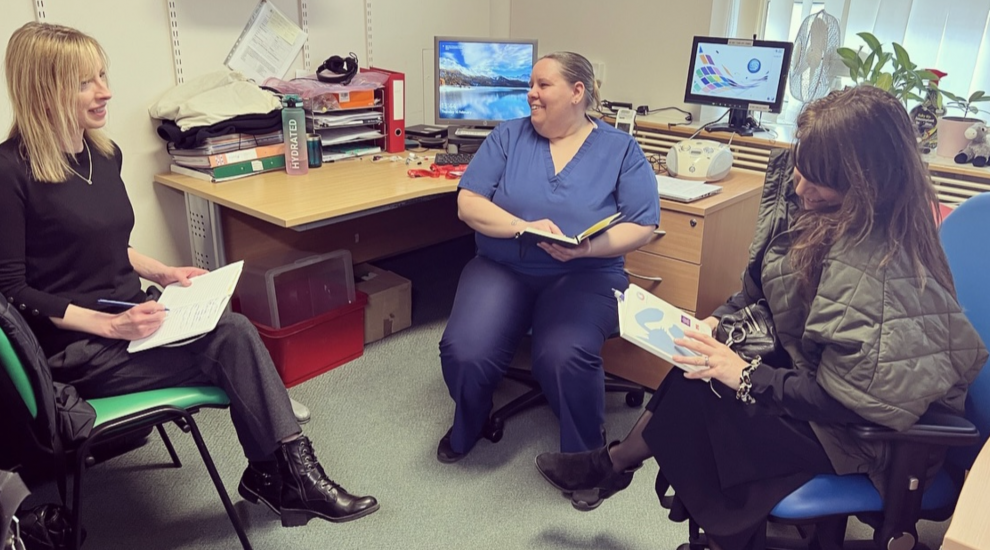

Dr Gopinath Rao is a Consultant Paediatrician at the Medical Specialist Group, which means his work is naturally linked to the Priaulx Premature Baby Foundation (PPBF), as the charity helps to support the families of the very youngest patients at the Princess Elizabeth Hospital.
He moved to the island three years ago, bringing a wealth of experience in different fields before choosing to specialise in neonatal care.
Jo Priaulx, the PPBF’s co-founder, knows first-hand how vital Dr Rao’s extensive expertise is for the small Neonatal Unit in Guernsey. The PPBF team also works closely with staff in Southampton if a baby is born early and requires additional care, while offering families a reassuring place to stay for days, weeks or months.
As it approaches its 20-year anniversary, the PPBF is making plans for how to mark the occasion. But, while they are looking ahead to the celebrations, the hard work they do, helping the youngest patients in Guernsey, including critically ill children, doesn’t stop.
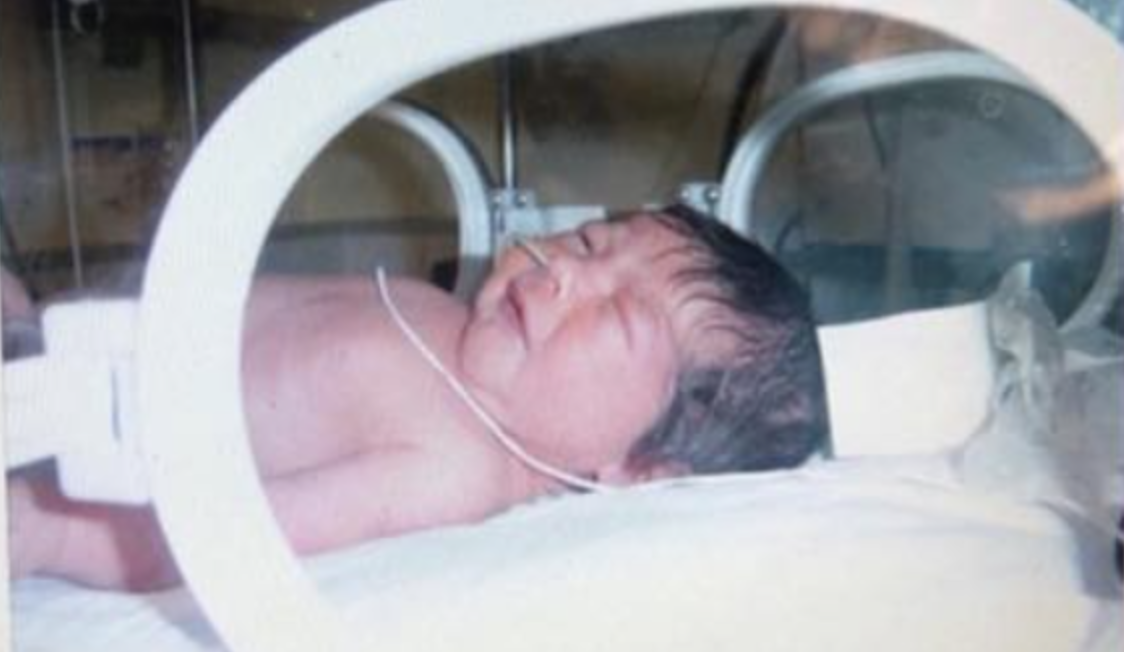
Pictured: Danniella Priaulx was born prematurely in Guernsey.
Both of Jo’s children were born prematurely – the birth of her daughter Danniella in Guernsey in 2003 led to her wanting to raise funds for an incubator as a one-off thank you to the staff who had helped them.
With her husband, Andy Priaulx, winning world titles in his racing career, the couple used their contacts to arrange a fundraising evening which brought in £45,000.
Jo felt compelled to carry on after that, and the charity has won awards for the work it has done to support premature babies and unwell children from Guernsey, over the last two decades.
The support that the PPBF can provide relies on the nurses and paediatric teams at the PEH and MSG advising them when a premature baby is born and needs their help. The close relationships the surgical and nursing teams have forged extends to the charity too.
One of those paediatricians is Dr Gopinath Rao who has been in Guernsey for three years. He recently became interested in the work of the PPBF after meeting with Jo and discussing how they can work together to offer both the medical care a baby needs and the emotional support that parents need.
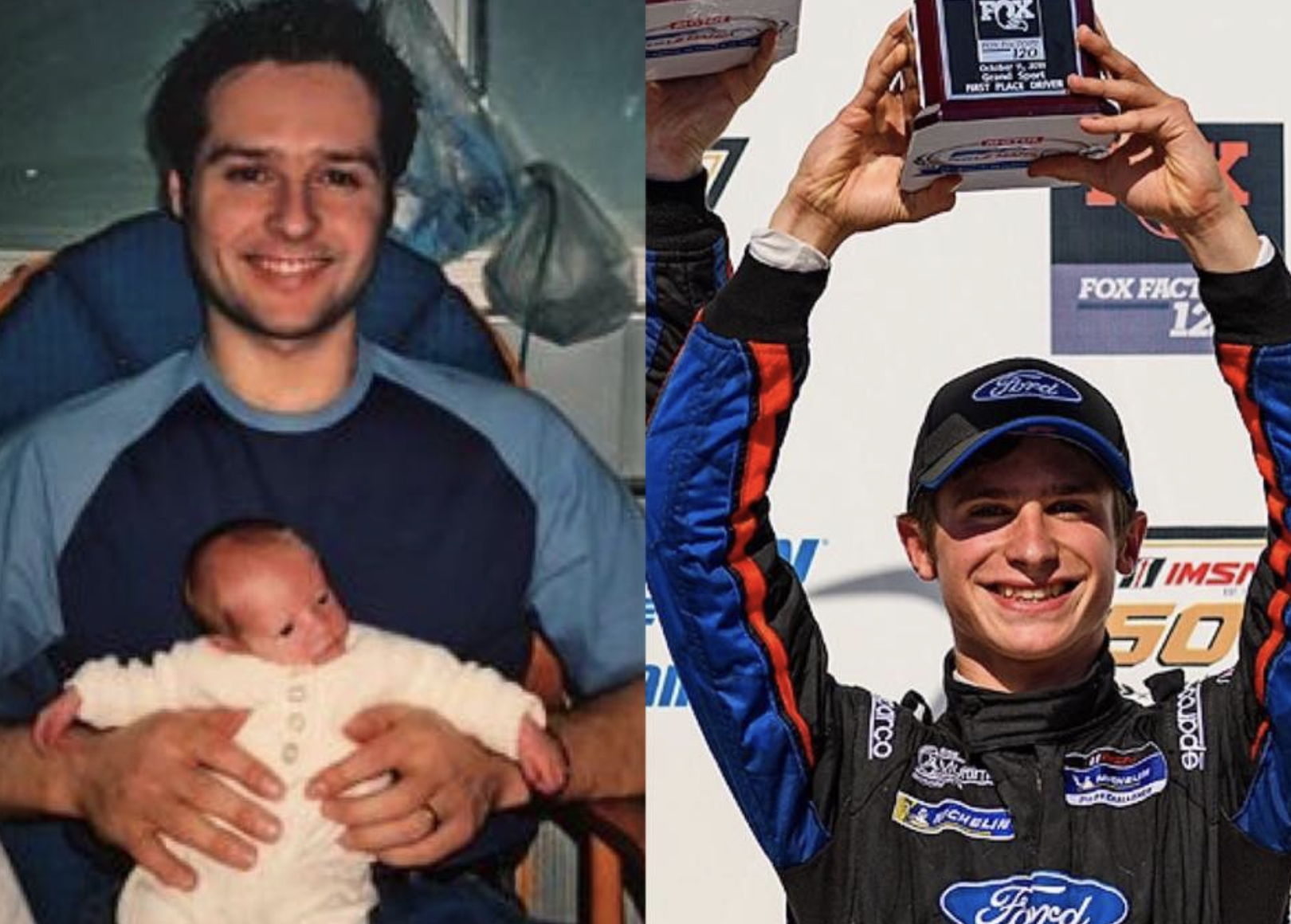
Pictured: Andy Priaulx holding his premature baby Sebastian, in Northamptonshire where the family lived at the time. Sebastien is now a healthy adult with his own career in motor racing.
Jo said that parents of premature babies will bond with the doctors and nurses looking after them all – and she has never forgotten the team who helped her baby, Seb. He was born in Northamptonshire but moved back to Guernsey with his family when he was a child and is now focused on his own racing career.
Jo says the traumatic memories of his first days are still with her, 22 years later.
“It was pretty scary,” she said, “because you never know you’re going to have a premature baby. It was a shock to me when Sebastian came along 4 weeks early - I thought I was going to have a normal birth. I didn’t have my hospital bag ready or anything. You just get put into this world when you meet the doctors and nurses, and you bond with them. That relationship never ever leaves you.
“I still remember who looked after Seb. I just about remember yesterday, but I do remember that! Everything they do, to keep your little one alive. Seb’s situation was frightening as he was 3lb 14. He had the cord around his neck so he wasn’t very well at the start so every minute, and every millimetre of milk he took, was just a very slow process.
“It’s just amazing what healthcare staff do, and to me, that’s what’s kept me fundraising for the doctors and nurses. It’s just very, very scary at the time.”
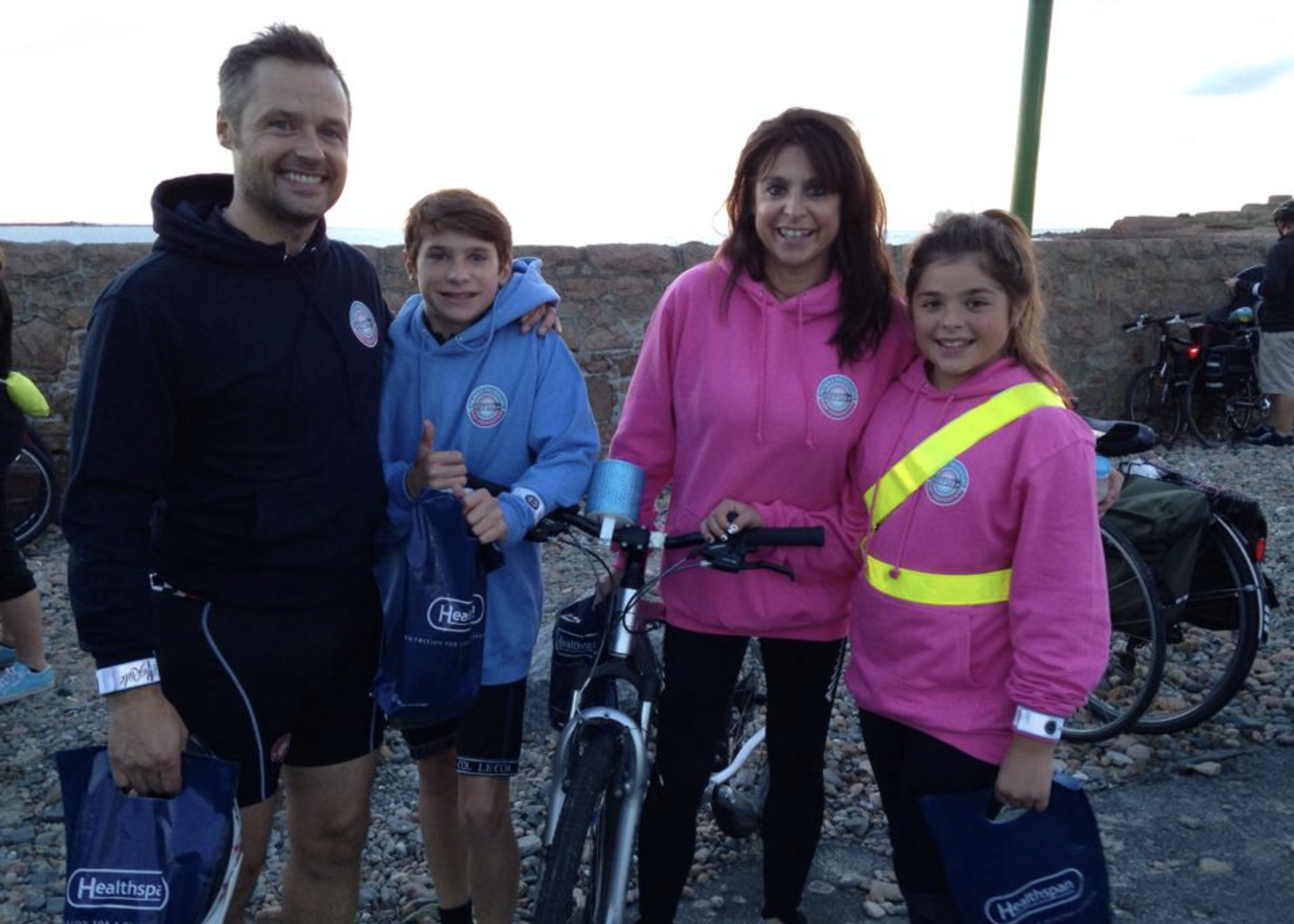
Pictured: The Priaulx family have tried to repay the kindness, compassion and medical care provided to their two premature babies over the past twenty years.
Jo’s experience with her two premature babies was very different as Seb was born in England and Danniella was born in Guernsey.
“Because I lived in Northampton at the time (when Seb was born), we had to leave him in the ward and drive 20 miles home and leave him there each time, for about a month. That was the hardest part, that I really felt. And it rips me to bits now just thinking about it.
“Luckily, we run compassionate housing right next to Southampton Hospital. It really helps our mums – they can see the wards from their bedrooms. You can see the whole hospital around you, so you feel like you’re having a cuddle all the time, because leaving a baby is really hard.”
Dr Rao said his role is not just about looking after the child – it is about caring for the whole family.
“Paediatrics as a whole comes with looking after the whole family – it’s not just about looking after the child. It’s about reassuring the family that things are going in the right direction.

Pictured: The Priaulx Premature Baby Foundation has provided flats for families to use while their babies are being treated in Southampton.
“I used to work at Kings (hospital in London) and some of these babies are so pre-term and they’re so unwell that they have stayed on the ward with us for a year and a half. You see them grow while they are there on the ward with us and you see the parents and grandparents nearly every day. You can’t hide the fact that you get into a kind of relationship with them. They understand what you say better and you understand them. Sometimes you don’t even need to ask them, you just know what they are feeling by just looking at their faces.
“I think the communication and relationship with the parents and the family as a whole is taken really seriously in paediatrics. We want to forge those relationship further to help them. It’s not just about illness, it’s about that relationship. We want them to trust us with the most important thing in their life – they have to leave the child with us and they go home, and at the back of their mind they’re thinking, is my child safe? So, the doctors and nurses need to be trustworthy so the family can have a decent night’s sleep at home.”
Dr Rao said for parents whose babies need treatment in Southampton, the benefit of Aggie's Burrow and Isaac's Pad means they have that safe place, which is a home from home, to go to for that vital rest while their baby is being taken care of.
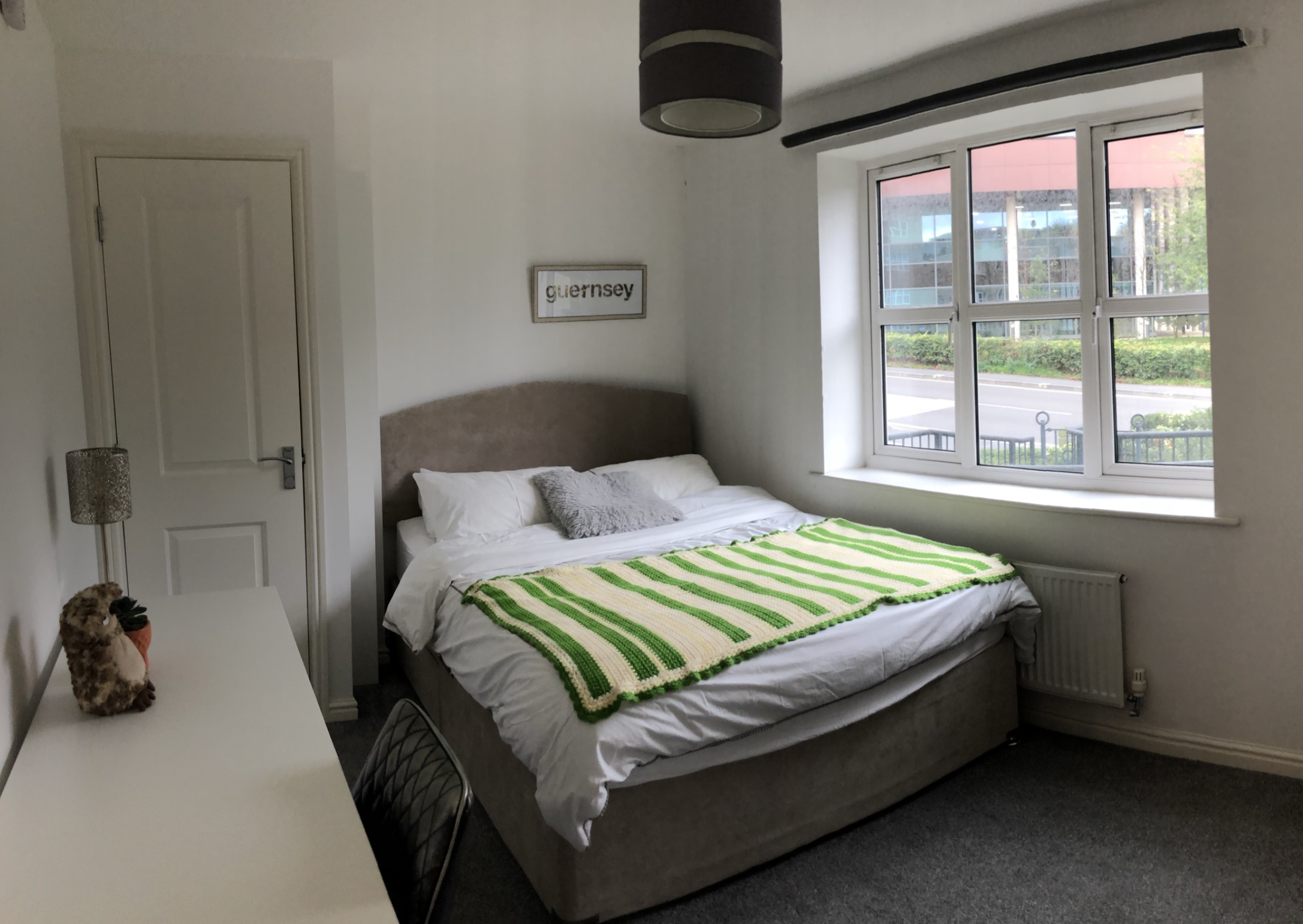
Pictured: The flats funded by the Priaulx Premature Baby Foundation are close to the hospital ward where the babies are treated.
“When the parents are happy because of this accommodation, they have a clear mind, they understand what the doctors and nurses are trying to say and they’re not worried about where they’re going to sleep tonight. You take one thing off their mind.”
Dr Rao said the level of care needed, and the length of time the baby will be in hospital, varies greatly depending on their own circumstances, and how premature the baby is.
With full term pregnancies classed as 40 weeks, Dr Rao says any baby born between 32 and 37 weeks is classed as pre-term and will normally be OK. Any babies born between 28 and 32 weeks also have a good prognosis. Very early babies born between 24 and 28 weeks will likely need the most specialised care, often being transported to the UK for treatment.
Dr Rao said consultant paediatricians have to make very hard decisions when babies are born before or around 24 weeks as that is a crucial time in the unborn child’s development.
“For the pre-term babies, things are improving every day, including the numbers compared to 20 years ago. Now, the survival even for 24/26 weekers, is around 90/95%. So, survival is not the problem anymore - I think it’s more about how we look after them and how they carry on the journey from being a newborn baby to a 3-month-old, a six month old, and being monitored until they’re at least 2 years old.
“It’s not just about whether they can roll over, or walk, it’s about their intelligence as well and how they learn in the future. They need prolonged follow ups with the paediatric team.
“You get to know them so well for two or three years and you understand the family really well, so it becomes more like a friendship than a doctor and patient."
You can hear the interview with Dr Gopinath Rao and Jo Priaulx in full below:
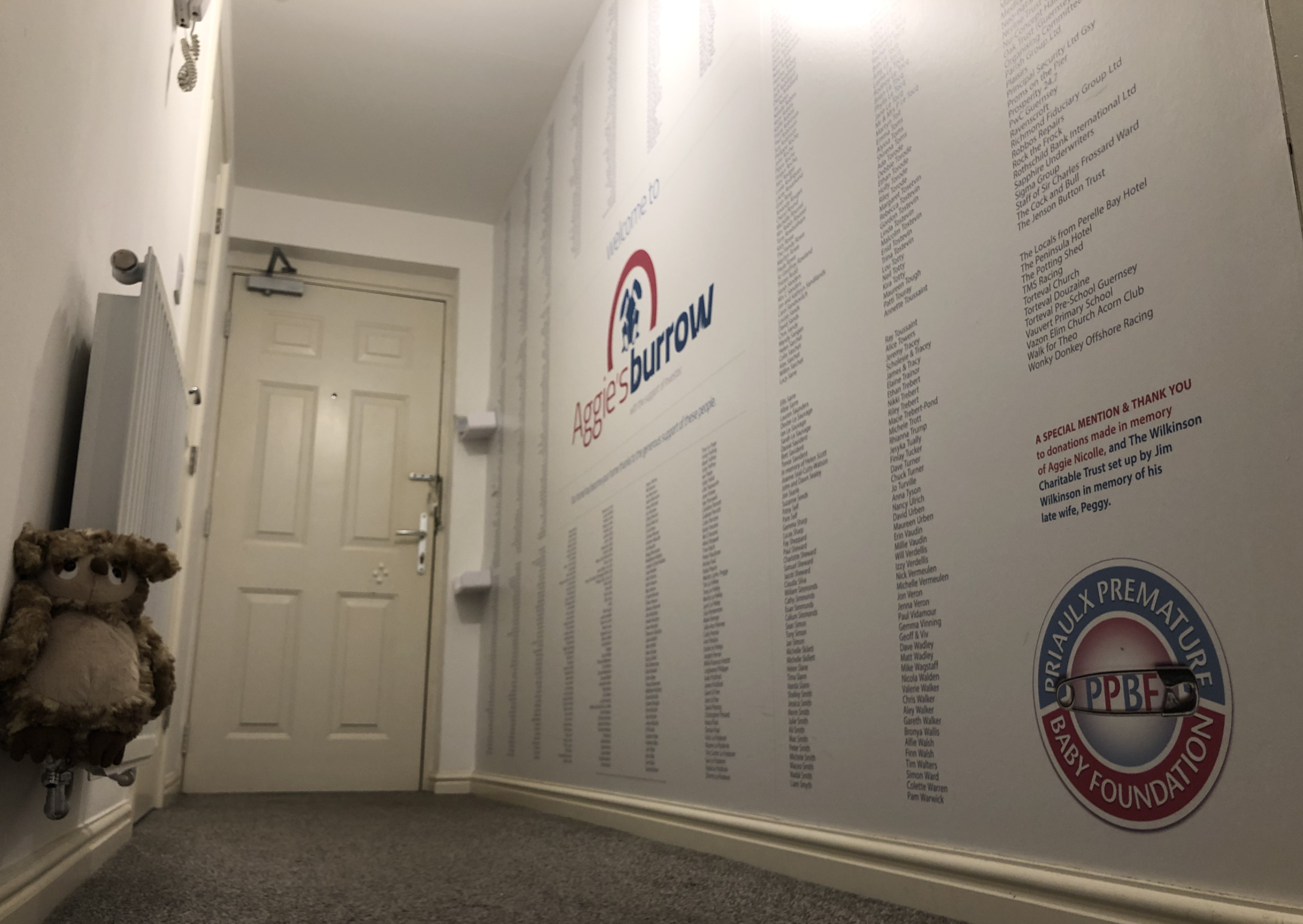
Pictured: The Priaulx Premature Baby Foundation's flats have been funded by generous donors.
The PPBF’s compassionate housing relies on the generosity of local business sponsorship, kind individuals and fundraising events.
More information about supporting their #BuyANight campaign can be found at ppbf.org.gg/buy-a-night or ppbf.org.gg/corporate
Comments
Comments on this story express the views of the commentator only, not Bailiwick Publishing. We are unable to guarantee the accuracy of any of those comments.